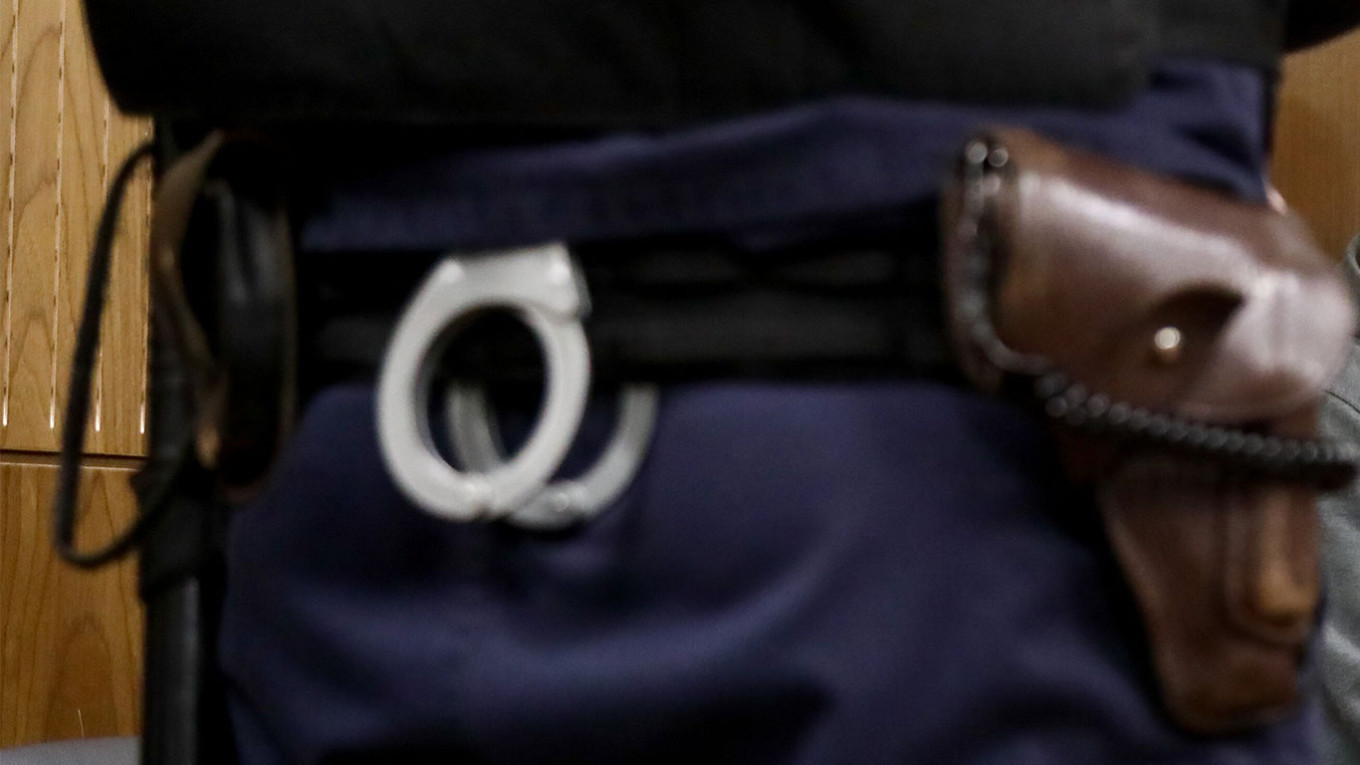Authorities in Russia’s Sverdlovsk region have launched the first known case under a new law that penalizes online searches for extremist materials, local media reported.
Sergei Glukhikh, a 20-year-old resident of the city of Kamensk-Uralsky, is being prosecuted under Article 13.53 of Russia’s Administrative Code, which came into force on Sept. 1, his lawyer Sergei Barsukov told the Eurasia News Agency (EAN).
According to the local outlet It’s My City, Glukhikh was reported to the Federal Security Service (FSB) by his internet provider after he allegedly viewed banned materials online.
Barsukov said his client had stumbled upon information about Ukraine’s Azov Brigade and the Russian Volunteer Corps while browsing the internet on public transport and had not intentionally sought them out.
The Azov Brigade was formed in 2014 as a far-right volunteer paramilitary unit fighting against pro-Russian separatists in eastern Ukraine but was later reformed and integrated into Ukraine’s national guard. Moscow has used Azov’s past extremist right-wing links to justify what it calls its “denazification” of Ukraine.
The Russian Volunteer Corps meanwhile is a far-right paramilitary unit of Russian citizens fighting on the side of Ukraine formed after Moscow's full-scale invasion in 2022.
Both are outlawed in Russia as "terrorist" organizations.
Glukhikh, a student at a branch of the Sverdlovsk Regional Medical College, had previously taken part in patriotic events at his school, Barsukov said.
The case is reportedly based on two images and an interrogation record. The defense claims that FSB officers pressured Glukhikh during questioning.
A local court on Thursday returned the case to police to correct procedural errors after FSB and Interior Ministry officers summoned to testify failed to appear.
The law, signed by President Vladimir Putin in July, introduces fines for searching for or accessing extremist materials online, including through VPN services. Individuals face fines of 3,000 to 5,000 rubles ($30-$55), while those advertising VPN services can be fined up to 500,000 rubles.
It does not specify how such activity would be monitored, something that has raised concerns among legal experts about expanded surveillance and potential abuse by law enforcement.
Amnesty International had also decried the bill as “vague and overly broad,” warning that it enables arbitrary enforcement.
A Message from The Moscow Times:
Dear readers,
We are facing unprecedented challenges. Russia's Prosecutor General's Office has designated The Moscow Times as an "undesirable" organization, criminalizing our work and putting our staff at risk of prosecution. This follows our earlier unjust labeling as a "foreign agent."
These actions are direct attempts to silence independent journalism in Russia. The authorities claim our work "discredits the decisions of the Russian leadership." We see things differently: we strive to provide accurate, unbiased reporting on Russia.
We, the journalists of The Moscow Times, refuse to be silenced. But to continue our work, we need your help.
Your support, no matter how small, makes a world of difference. If you can, please support us monthly starting from just $2. It's quick to set up, and every contribution makes a significant impact.
By supporting The Moscow Times, you're defending open, independent journalism in the face of repression. Thank you for standing with us.
Remind me later.






